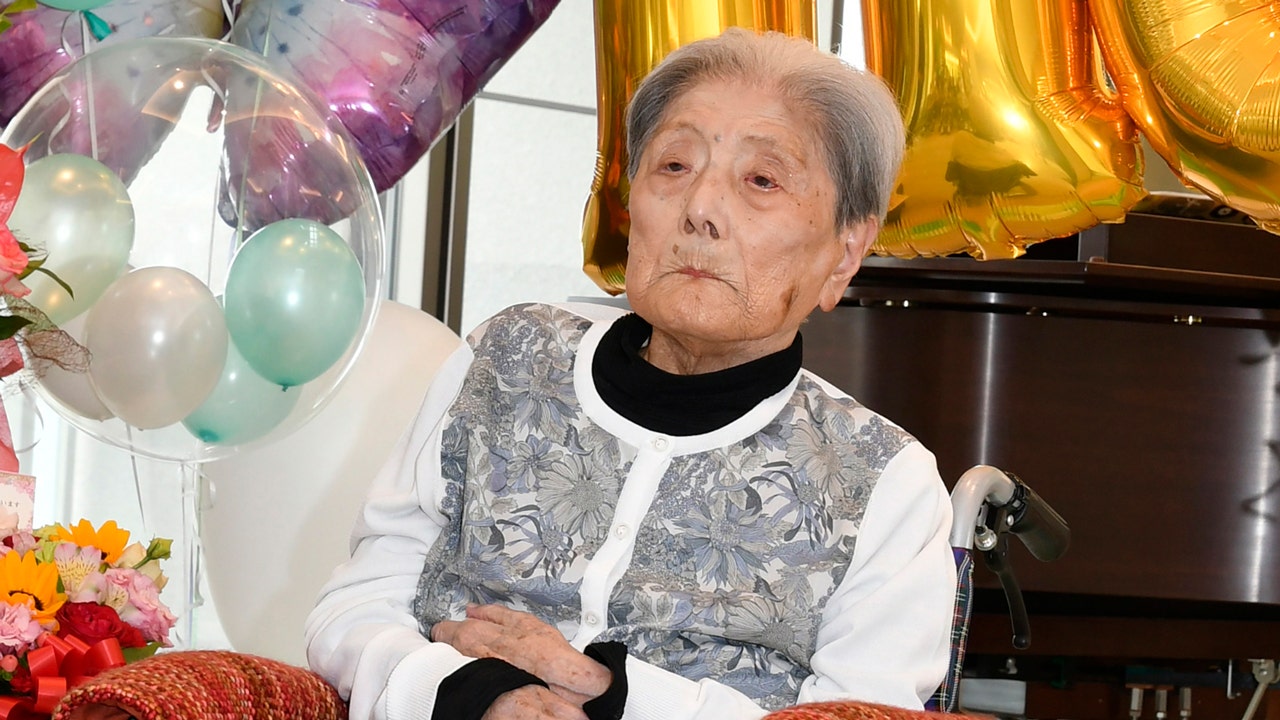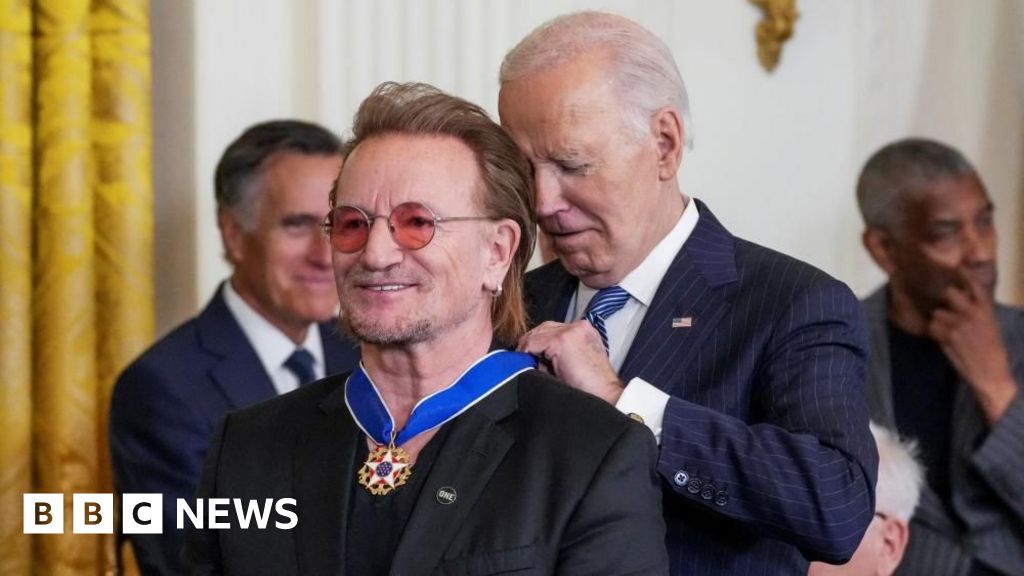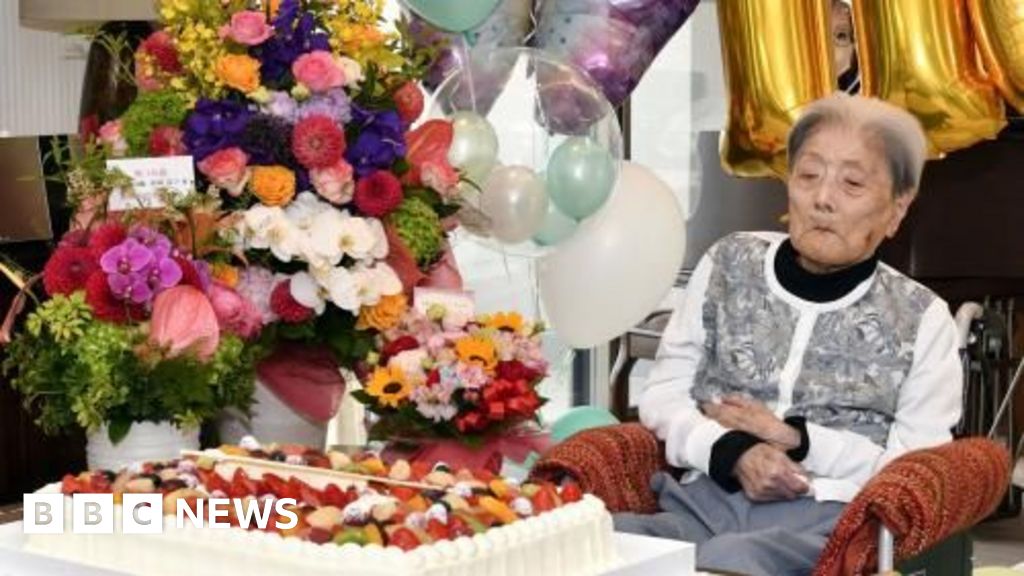Bussiness
Self-exiled billionaire Guo Wengui convicted of fraud after fleeing to US

Guo Wengui, an exiled Chinese businessman, sits as he appears on charges of leading a complex conspiracy to defraud Guo’s online followers out of more than $1 billion at a courthouse in New York, U.S., March 15, 2023 in this courtroom, sketch: Reuters
Guo Wengui, a self-exiled Chinese business tycoon whose criticism of the Communist Party won him legions of online followers and powerful friends in the American conservative movement, was convicted by a US jury Tuesday of engaging in a massive multiyear fraud that ripped off some of his most devoted fans.
Once believed to be among the richest people in China, Guo was arrested in New York in March of 2023 and accused of operating a racketeering enterprise that stretched from 2018 through 2023.
Over a seven-week trial, he was accused of deceiving thousands of people who put money into bogus investments, with the aim of preserving a luxurious lifestyle. He was convicted of nine of 12 criminal counts, including racketeering conspiracy.
Guo’s lawyers said prosecutors hadn’t proven he’d cheated anyone.
Guo, who is also known by the name Miles Kwok, left China in 2014 during an anti-corruption crackdown that ensnared people close to him, including a top intelligence official.
Chinese authorities accused Guo of rape, kidnapping, bribery and other crimes, but Guo said those allegations were false and designed to punish him for publicly revealing corruption as he criticized leading figures in the Communist Party.
He applied for political asylum in the US, moved to a luxury apartment overlooking Central Park and joined former President Donald Trump’s Mar-a-Lago golf club in Florida.
While living in New York, Guo developed a close relationship with former Trump’s onetime political strategist, Steve Bannon. In 2020, Guo and Bannon announced a joint initiative to overthrow the Chinese government.
Prosecutors say hundreds of thousands of investors were convinced to invest more than $1 billion in entities Guo controlled. Among those businesses and organisations was Guo’s media company, GTV Media Group Inc, and his so-called Himalaya Farm Alliance and the Himalaya Exchange.
In a closing argument, Assistant US Attorney Ryan Finkel said Guo spouted devious lies to trick his followers into giving him money.
He said Guo made hundreds of broadcasts and videos in which he promised followers that they would not lose money if they invested with him.
I’m rich. I’ll take care of you, the prosecutor said Guo told them.
Then, he said, Guo spent millions from investors on a lavish lifestyle for himself and his family that included a $1.1 million tortoise-shell jewelry box and some candlesticks, a million dollar chandelier, $36,000 mattresses, a $40,000 coffee table and a $250,000 antique rug, items kept at a family home in Mahwah, New Jersey.
Defence lawyer Sidhardha Kamaraju told the jury prosecutors had presented a case that was long on rhetoric but short on specifics, long on talk, but short on evidence.
Kamaraju said Guo was the founder and face of a pro-Chinese democracy movement that attracted thousands of political dissidents. Kamaraju urged jurors to think about whether Guo would intentionally cheat his fellow movement members for money. He said prosecutors had failed to prove that Mr Guo took a penny with the intent to undermine the political movement he invested so much in.
The lawyer did not deny that his client lived lavishly, with a luxury apartment that took up an entire floor in Manhattan; a home in Greenwich, Connecticut; a yacht and a jet. But he said prosecutors wanted jurors to take leaps in logic to find Guo guilty.
It’s not a crime to be wealthy, Kamaraju said. It is not a crime to live in luxury or to spend money on nice things. It’s not a crime to have a yacht or a jet or to wear nice suits. It may not be our lifestyle. It may be odd. It may even be off-putting to some, but it’s not a crime.
The prosecutor, Finkel, said everyone agreed that Guo was targeted by China’s Communist Party, but that did not give Guo a licence to rob from these people.
Finkel said Guo also created a blacklist of his enemies and posted their personal information online. When the Securities and Exchange Commission investigated him, Guo organised protests against the agency and claimed that it had been infiltrated by China’s Communist Party. When a bankruptcy trustee was appointed by a judge to represent Guo’s creditors, Finkel said Guo’s followers protested outside the home of the trustee’s children and outside an elementary school where one of them was a teacher.
(Only the headline and picture of this report may have been reworked by the Business Standard staff; the rest of the content is auto-generated from a syndicated feed.)
First Published: Jul 17 2024 | 7:15 AM IST









